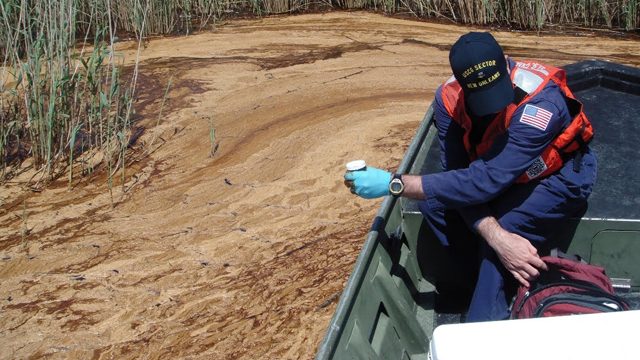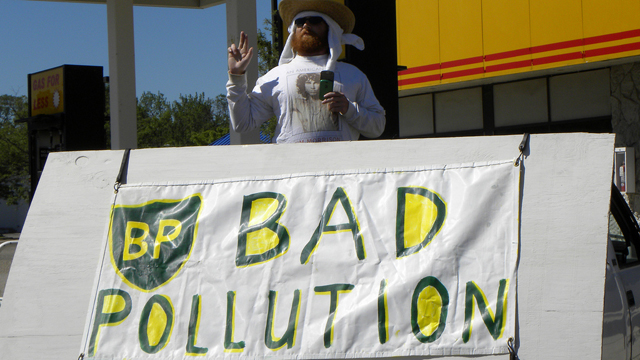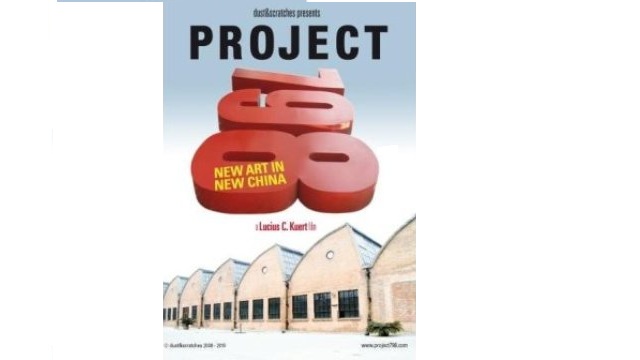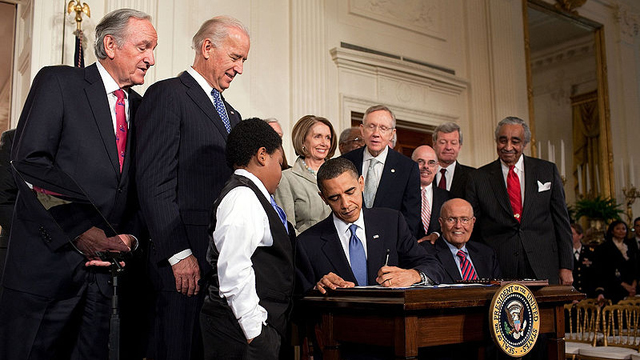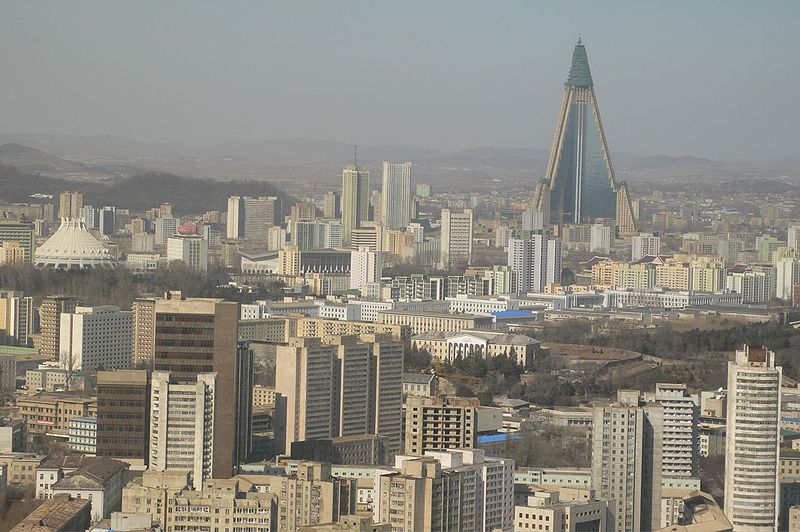If I were Obama–I would have taken a different approach after hearing about the BP Oil Spill. 1. I would have removed BP from being in charge of this operation […]
All Articles
We’ve all had well-meaning friends remind us that there are “plenty of other fish in the sea,” but the phrase may not be the most fitting fortune-cookie counsel for breakup-ees […]
Today marks the first time anyone has ever brought an axe to an interview here at Big Think! The Reverend Dr. David Adamovich, a.k.a. The Great Throwdini, just stopped by […]
The tremendous environmental disaster that has resulted from the oil spill in the Gulf of Mexico is a singular event, but Seventh Generation CEO Jeffrey Hollender thinks it’s emblematic of […]
I watched TV last night with a buddy of mine whose wife is out of town. That means we got to drink beers and curse at the people on TV […]
“Human rights advocates fear that political reconciliation with the Taliban could erase the fragile progress made in improving the situation of Afghan women over the past nine years.”
“Biography may have little to tell us about why a novelist writes well, but it can sometimes be helpful in understanding why a novelist writes badly.” TNR discusses E.M. Forster’s sexual naiveté.
A bank tax on high-risk financial trading is an idea worth implementing, says Michael Scott Moore at Miller-McCune. The tax would create a fund for if and when a bank needed a bailout.
“Comments on news stories are, in a sense, our new civic space, but minus all the social rules.” The Atlantic says subscription services could clean up online comment sections.
“The country’s new wave of directors are rejecting Bollywood’s glitz for grittier, real-life themes.” The Independent looks at the new social-political consciousness in post-Bollywood films.
“China’s astonishing urbanization could bring a new era of supercities, but its cultural norms probably won’t eclipse American dominance.” The foreign minister of Singapore on the rising state.
The FCC’s infamous profanity ban has been struck down by the Second Circuit Court of Appeals. The L.A. Times welcomes the ruling as an important shift in priorities.
“Doing business in a way that takes environmental economics into account is a good idea; aping climate policy and its mechanisms is not.” The Economist assesses the value of nature.
Emotions spread through a social group in ways that resemble the spread of disease. According to a study performed in Massachusetts, sadness is more contagious than happiness.
After saying the Internet is a superorganism in which individuals are but single cells, Robert Wright says increasing interconnectedness brings forward wider spiritual concerns.
Yesterday the N.A.A.C.P. approved a resolution censuring the Tea Party movement for racism within its ranks. Cited in the resolution were “signs and posters intended to degrade people of color […]
When Huang Rui first set up the 798 Space Gallery in 2002, shortly after returning to China after years of exile for his anti-Communist regime art, he knew he could […]
France’s lower house of Parliament voted yesterday to ban the wearing of veils that cover the face in public places. Aimed at the burqas worn by Muslim women, the legislation […]
What makes a great software developer? Legendary programmer and designer Justin Frankel says the most productive programmers have an ability to cut through to what’s really important, focus on that, […]
Here are some of the what I consider to be this year’s essential rnreadings on politics. In particular, today I want to look at some of the crucial rnissues that underlie domestic politics in America.
IN what will be seen as a significant ratcheting up of the pressure on isolated North Korea, South Korea is considering major changes in its relations with China – up […]
“Mad, bad and dangerous”, these are the epithets apparently attached to Gordon Brown, our previous Prime Minister by Tony Blair our previous Prime Minister but one. They form the centre […]
“Journalism should be more like science,” says the founder of Wikileaks who has drawn the ire of many political authorities for exposing various cases of corruption and fraud.
“While I do not mean to let bad parents off the hook, the fact remains that perfectly decent parents can produce toxic children.” A psychiatry professor on why parents aren’t always to blame.
Two English health scholars have written a book called ‘The Spirit Level’ which locates the cause of social ills in income inequality. The Boston Review unpacks their arguments.
“Students are taking out loans that they may not be able to repay, and some fear massive defaults.” Iowa Senator Tom Harkin says for-profit colleges may be doing a public disservice.
“We were promised a life of leisure thanks to hard-working robots and fiendishly clever cyborgs. But the android fantasy has largely been terminated,” says The Independent.
“An online game that tasks players with reining in government spending suggests the public is more willing to make hard choices than they get credit for.” Miller-McCune on the deficit question.
“The fiscal 2010 deficit—$1 trillion and counting—is an encouraging sign,” says Daniel Gross at Slate. The business columnist says worries about a short-term American debt crisis are unfounded.
Al-Shabaab, a brutal Somalian insurgency, has attacked inside Uganda. How much should this international Islamic terrorism concern the U.S. and how can, or should, the U.S. respond?
